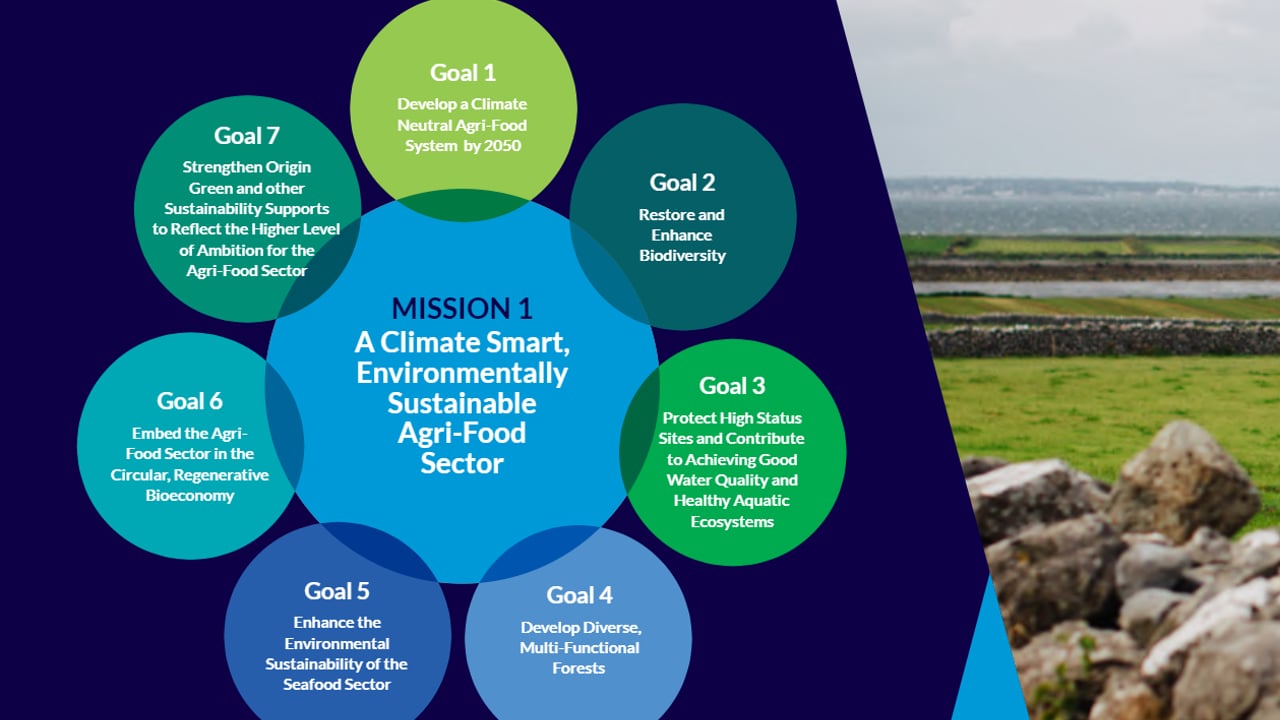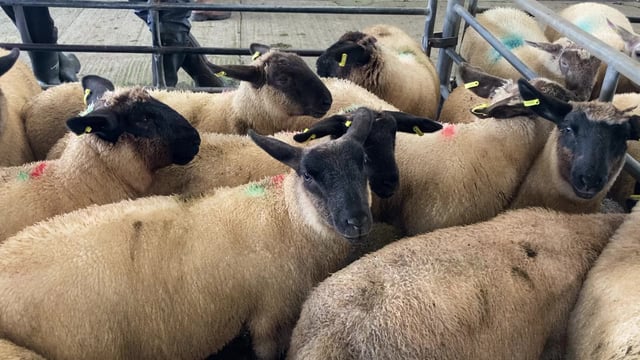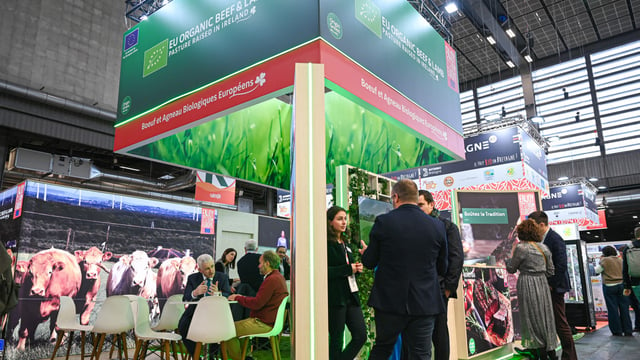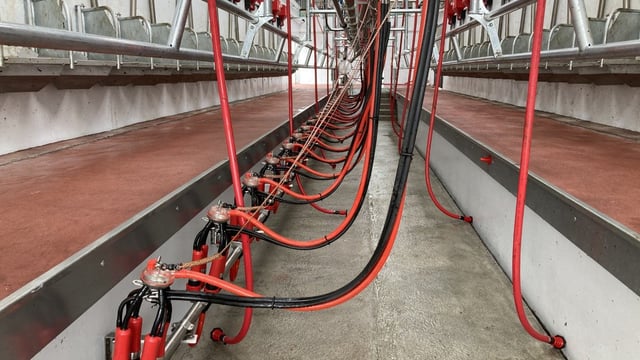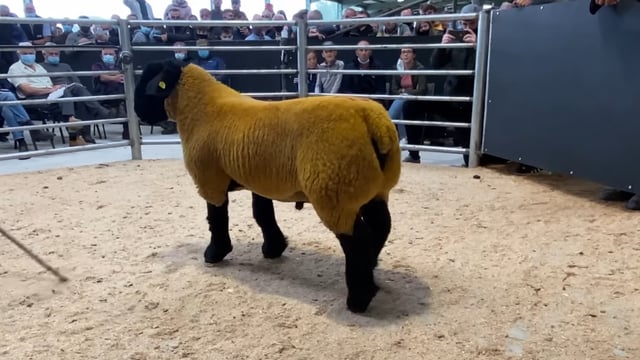10% biogenic methane reduction - one of many agri-specific aims of new food strategy
The recently published 10-year agri-food strategy, Food Vision 2030, has its foundations and aims firmly set in sustainable and environmentally friendly food production.
'The 2020s should be the sustainability decade for the Irish agri-food sector' it states in the opening pages of the strategy document, before it goes on to explain the ways in which Ireland can become an "international leader in sustainable food systems (SFSs)" - on paper anyway.
While the strategy aligns itself to the goals of other forms of environment and climate policy and legislation - Climate Action Bill, Ag Climatise, and various EU measures - by quarter two in 2022, detailed plans to "manage the sustainable environmental footprint of the dairy and the beef sectors" must be produced under the strategy.
"This issue is the subject of strongly opposing views, and will need further detailed examination in order to make an informed policy choice," he continued.
With the strategy receiving mixed reviews from farming, industry and environmental groups, Agriland takes a look at some of the farming-specific ways in which the government intends to achieve its aims, as outlined in the strategy.
The strategy is based on four missions and 22 goals but, most relevant here, is mission number-one: a climate smart, environmentally sustainable agri-food sector which has seven goals attached:
At the core of this particular mission, is achieving a climate-neutral food system by 2050 but with 'verifiable progress' achieved throughout the lifetime and by the end of the strategy.
This involves focusing on things like emissions reductions, carbon sequestration, air quality, biodiversity and water quality.
Agricultural targets
The strategy acknowledges that, generally, environmental targets will be set by legislation, but below are highlights of some of the ways in which the strategy supports this.
Environmentally sustainable agri-food sector aims by 2030:

